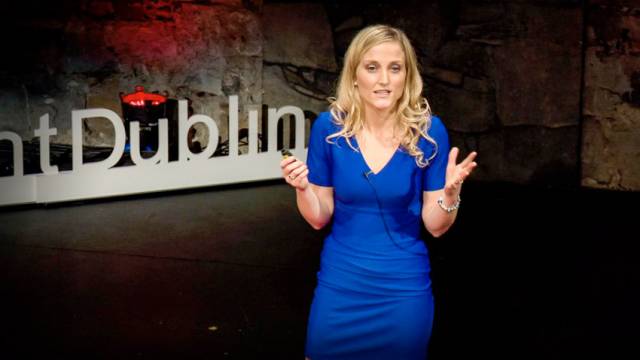#MarineScience - The Marine Institute and the Fulbright Commission are once again offering a unique opportunity for an Irish PhD candidate or scholar to travel to the USA to research in the fields of marine science or a marine-related business sector.
The Fulbright Commission is seeking applicants with academic and personal excellence, strong leadership potential and a commitment to being a Fulbrighter. The commission is particularly interested in receiving applications for this award from candidates who are exploring:
- Marine Sensor Technologies and Observation Systems
- Maritime Economics
- Marine Spatial Planning
- Maritime Law and Security
- Renewable Ocean Energy
- Marine Biotechnology (including Functional Foods)
- Marine Environment
- Oceanographic Modelling
- Shipping
- Seafood Safety
- Ecosystems-based Fisheries Management
- Big Data, and Sustainable Development
The 2018-2019 Fulbright Irish Awards supporting Irish and EU citizens to study, research or teach in the USA are now open for application. All applications are due by 4pm on Tuesday 31 October.
These globally-recognised and prestigious awards, operating between the United States and 155 countries, were founded by Senator J William Fulbright in 1946 “to expand the boundaries of human wisdom, empathy and perception” through educational and cultural exchange.
As a Fulbright Scholar, Dr Triona McGrath — a post-doctoral researcher at NUI Galway — visited Scripps Institution of Oceanography in San Diego in 2013 on a trip funded by the Marine Institute to develop her analytical skills in ocean carbon chemistry.
Dr McGrath has been researching ocean climate change since 2008 and highlights the value of her experience in the USA, saying: “The opportunity provided me with a wealth of information of how others work and increasing my knowledge at an international level.”
Dr McGrath’s team continues to monitor levels of carbon dioxide in Irish marine waters to determine the level of carbon in the ocean and subsequent increase in ocean acidity.
Along with her colleagues, Dr McGrath published the first rates of ocean acidification for Irish offshore waters and the first baseline dataset of carbon parameters in Irish coastal waters.
This data is crucial for our understanding of the future health of our oceans, and can provide information to determine the impacts of ocean acidification on marine ecosystems.
The Fulbright Commission in Ireland recently launched its new website and a promotional video called ‘Across the Water’ created by IADT student Gary Boyd, which also features Dr McGrath.
































































